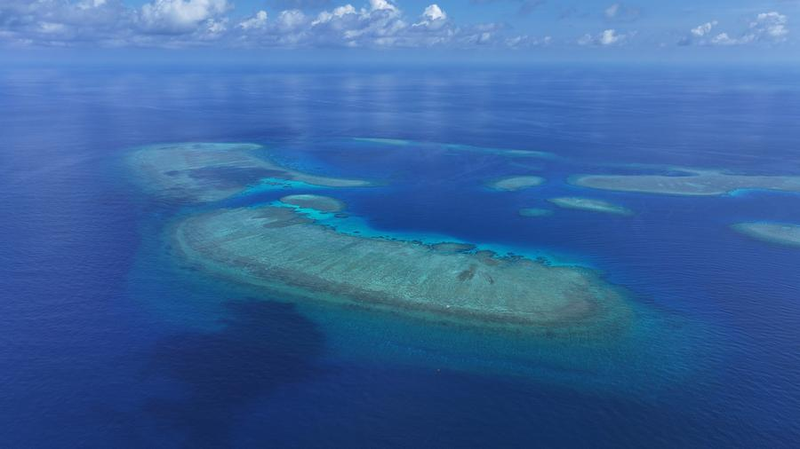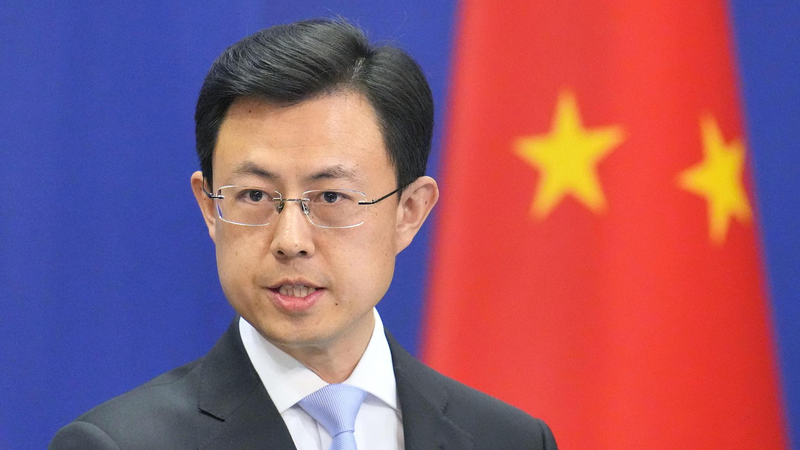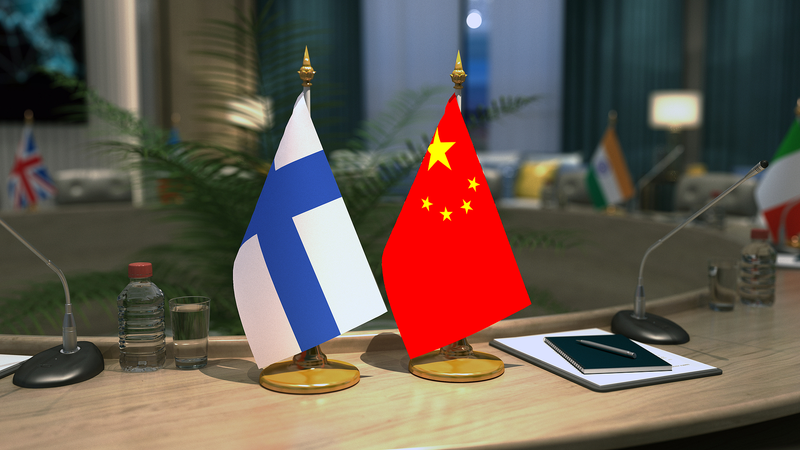In the dynamic South China Sea, dialogue is emerging as the only path to lasting peace. During the annual ASEAN meeting in Kuala Lumpur, Chinese Foreign Minister Wang Yi—also a member of the Political Bureau of the CPC Central Committee—pointed out that the 2016 arbitral award has done more harm than good, deepening tensions and undermining regional stability.
Wang Yi emphasized that when disputes are approached unilaterally—as seen when the Philippines initiated arbitration without first consulting China—the chances for constructive resolutions diminish. Experts agree that mutual consent and open dialogue are essential. Legal scholar Carlos Arguello Gomez noted that all parties must agree on a mechanism to resolve disagreements if a genuine solution is to be achieved.
Other voices added to the chorus: Wu Shicun described the arbitral award as a “typical troublemaker” that has incited volatility, while Professor Lei Xiaolu critiqued the tribunal for overstepping its legal authority on sovereignty issues. British scholar Anthony Carty argued that the arbitration lacked a reasonable foundation, and Rommel Banlaoi urged a return to collaborative consultative mechanisms that once helped ease tensions.
In a world where even blockbuster movies celebrate unlikely allies, thinkers like Malou Tiquila and Professor Ruhanas Harun remind us that viewing each other as partners rather than adversaries can transform conflict into cooperation. By reviving dialogue and mutual consultation, countries in the South China Sea region can pave the way for a stable and prosperous future. 🤝✨
Reference(s):
Analysis: Why is dialogue only way forward for South China Sea peace?
cgtn.com




